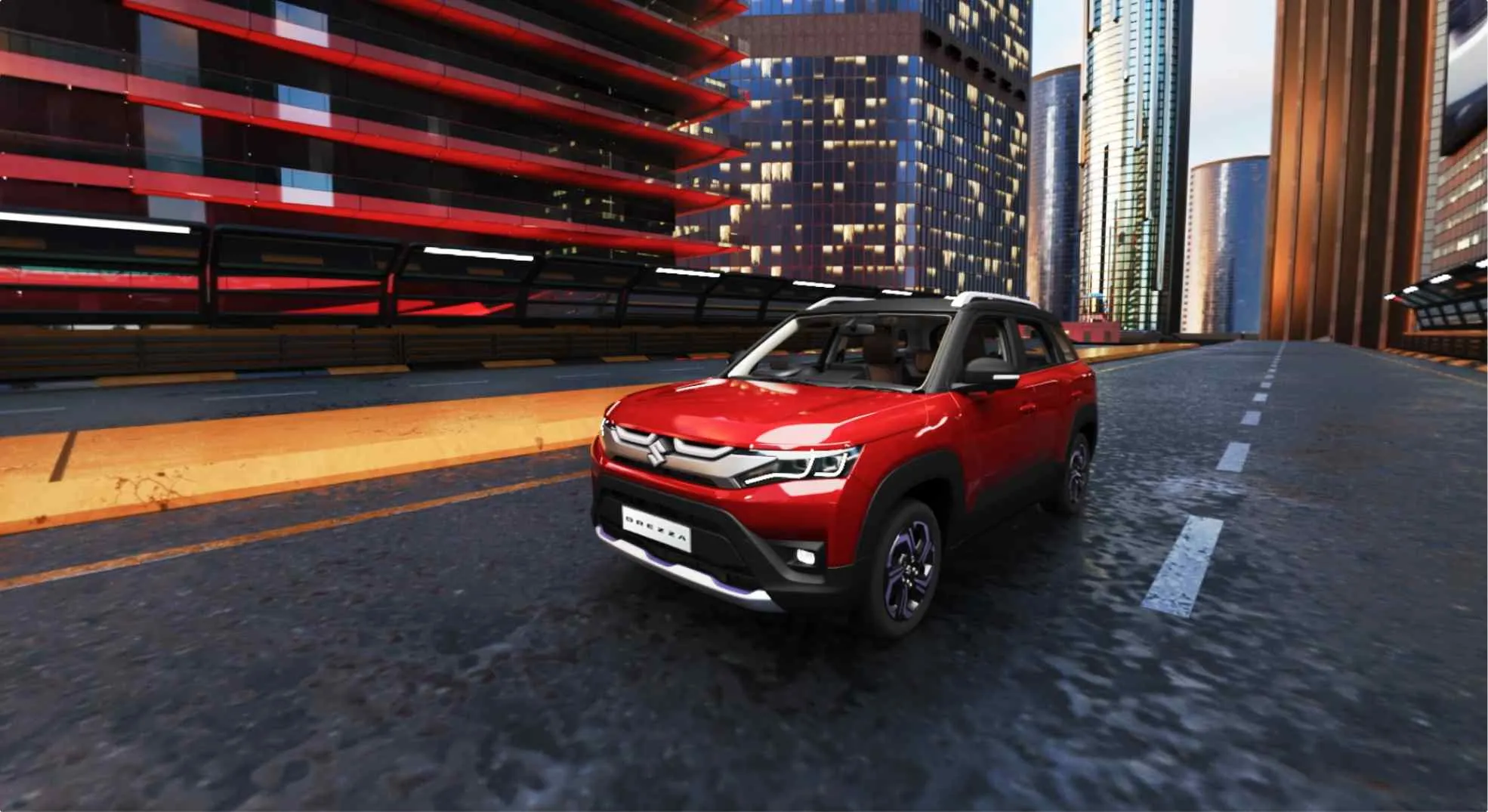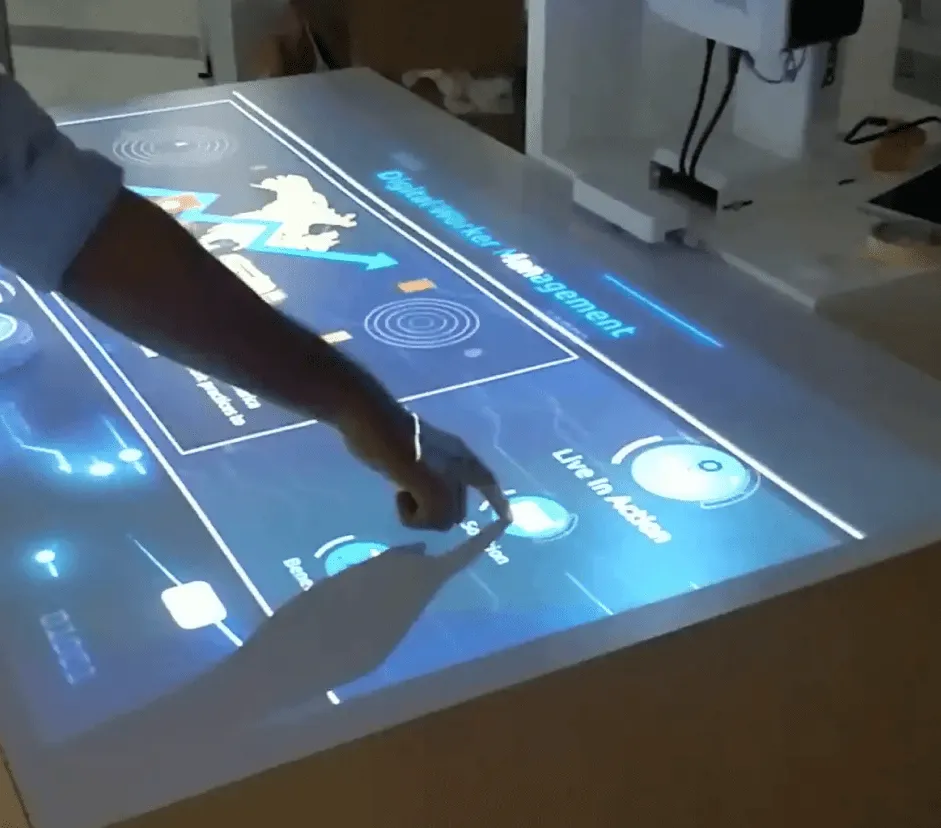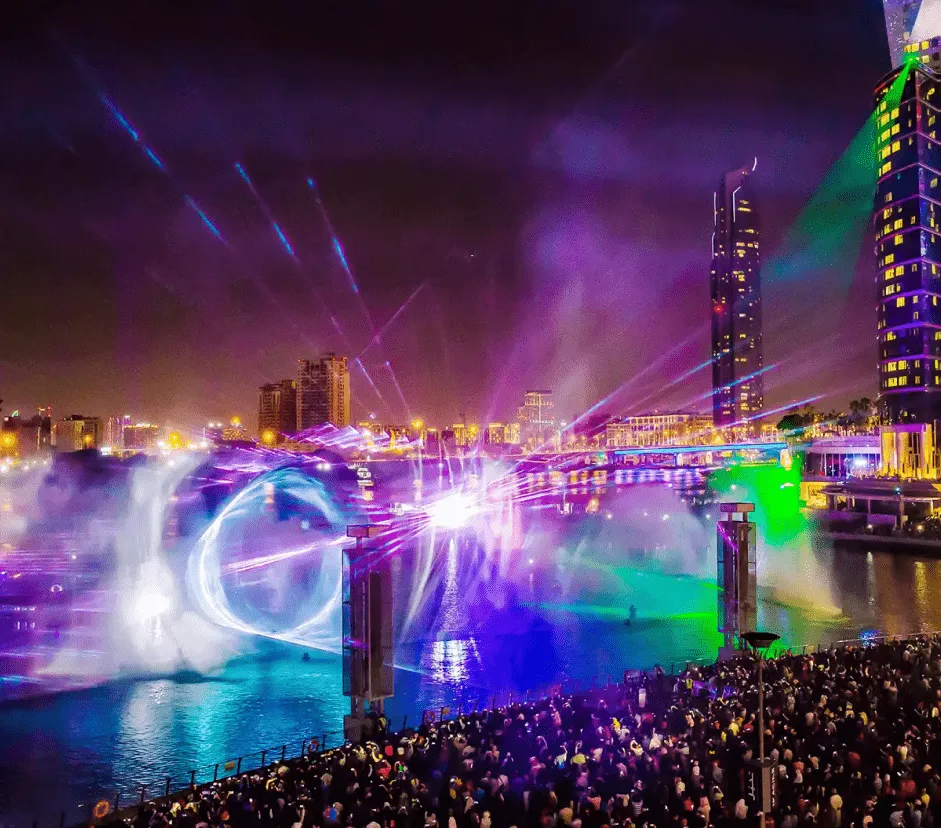Can VR Help You Close More Deals? Here's How Businesses Are Doing It

The business landscape has shifted dramatically. Traditional sales presentations with PowerPoint slides and product brochures are losing their impact. Today's buyers expect more—they want to experience products before they buy them. This is where Virtual Reality steps in, transforming how businesses approach sales conversations and deal closures.
Companies worldwide are discovering that VR isn't just a tech novelty; it's a powerful sales accelerator. From real estate agencies closing property deals faster to automotive dealers reducing customer hesitation, VR is proving its worth in the bottom line. The question isn't whether VR can help you close more deals—it's how quickly you can implement it to stay ahead of your competition.
The Psychology Behind VR's Sales Success
Manufacturing and Industrial Solutions
Complex machinery and industrial equipment have always been challenging to demonstrate effectively. Progressive manufacturers now use VR to showcase their equipment in action, allowing buyers to understand operational procedures, safety protocols, and maintenance requirements without factory visits. This approach has reduced sales cycles by up to 40% while improving customer confidence in purchase decisions.
Real Estate and Property Development
Property developers are revolutionizing their sales approach through virtual walkthroughs. Potential buyers can explore properties under construction, visualize different finishing options, and even experience the view from their future balcony. This immersive experience eliminates uncertainty and accelerates decision-making, with many developers reporting 30% faster deal closures.
Automotive and Transportation
Car dealerships have embraced VR to offer virtual test drives and detailed vehicle exploration. Customers can experience different models, customize features, and understand technical specifications without physical inventory limitations. This approach has proven particularly effective for luxury vehicles and commercial fleet sales.
The Competitive Advantage of VR-Enabled Sales
Overcoming Geographic Barriers
Global businesses no longer need to fly prospects to demonstration facilities or ship expensive prototypes worldwide. VR enables remote product demonstrations that feel as real as in-person experiences. This capability expands market reach while reducing operational costs, making it possible to engage with international clients more frequently and effectively.
Handling Complex Products Simply
Technical products often require extensive explanation and demonstration. VR simplifies this process by allowing customers to interact with products intuitively. Complex features become understandable through hands-on virtual experience, reducing the expertise gap between sales teams and technical decision-makers.
Creating Urgency Through Exclusivity
VR experiences feel exclusive and premium, creating psychological urgency among prospects. When customers feel they're receiving special access to cutting-edge technology, they're more likely to move quickly through the purchase process. This exclusivity factor has become a significant differentiator in competitive markets.
Implementation Strategies That Drive Results
Start with High-Impact Use Cases
Begin VR integration with your most challenging sales scenarios. Focus on products that are difficult to demonstrate, expensive to ship, or require extensive explanation. These high-impact applications will deliver immediate ROI and build internal momentum for broader VR adoption.
Integrate VR into Your Sales Process
VR shouldn't be a standalone demonstration tool—it should be woven throughout your sales process. Use VR for initial product introductions, detailed feature explanations, and final decision-making sessions. This integrated approach maximizes impact while maintaining natural sales flow.
Train Your Team for VR Excellence
Sales teams need specific training to leverage VR effectively. They must understand not just the technology but how to guide customers through virtual experiences that build toward purchase decisions. This training investment pays dividends in improved conversion rates and customer satisfaction.
Measuring VR's Impact on Your Sales Performance
Track specific metrics that matter: time to close, conversion rates, customer engagement levels, and deal size. Many businesses report 25-50% improvements in these key performance indicators after implementing VR sales tools. The technology's impact becomes clear when you measure what matters most to your bottom line.
The Future of VR in Sales
As VR technology continues advancing, early adopters gain sustainable competitive advantages. Businesses that embrace VR now position themselves as industry leaders while their competitors struggle to catch up. The technology gap between VR-enabled and traditional sales approaches will only widen over time.
INK IN CAPS understands this transformation. As a Mumbai-based MarTech agency specializing in AI Development, Virtual Reality, Augmented Reality, and experiential marketing campaigns, we help businesses harness VR's power to accelerate sales performance. Our strategic approach combines cutting-edge technology with deep market analysis to create authentic brand experiences that drive real business results.
Ready to transform your sales process with VR? Contact INK IN CAPS today to discover how our Virtual Reality solutions can help you close more deals, engage customers more effectively, and stay ahead of your competition in today's rapidly evolving marketplace.
Contact Us Now:
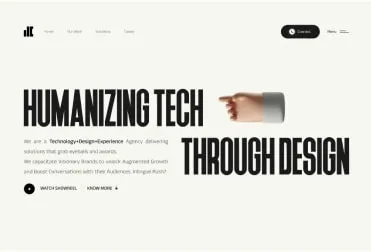
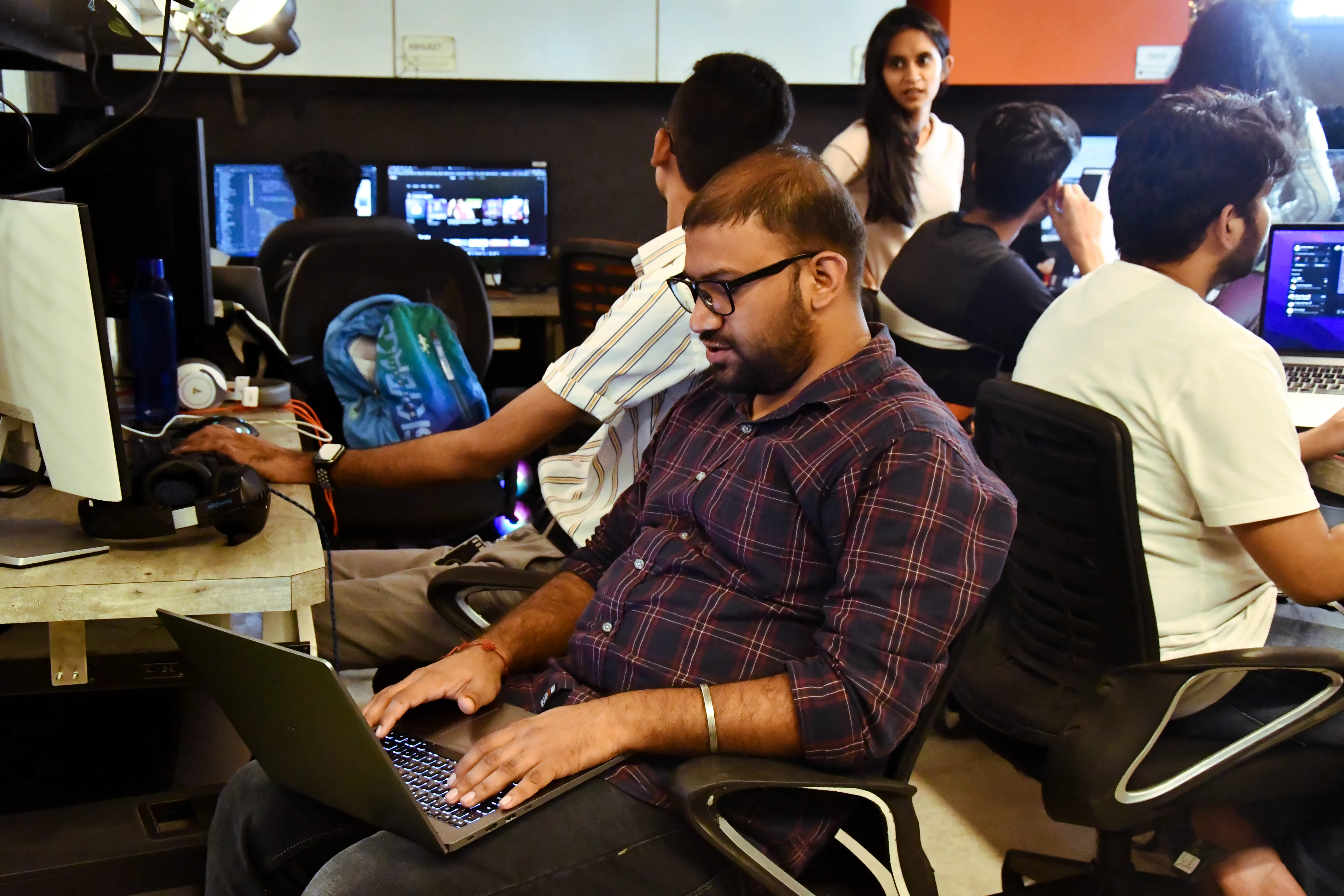

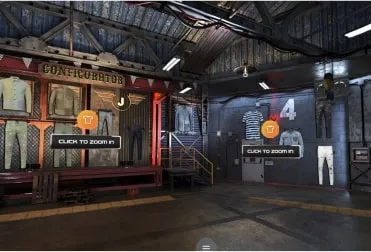
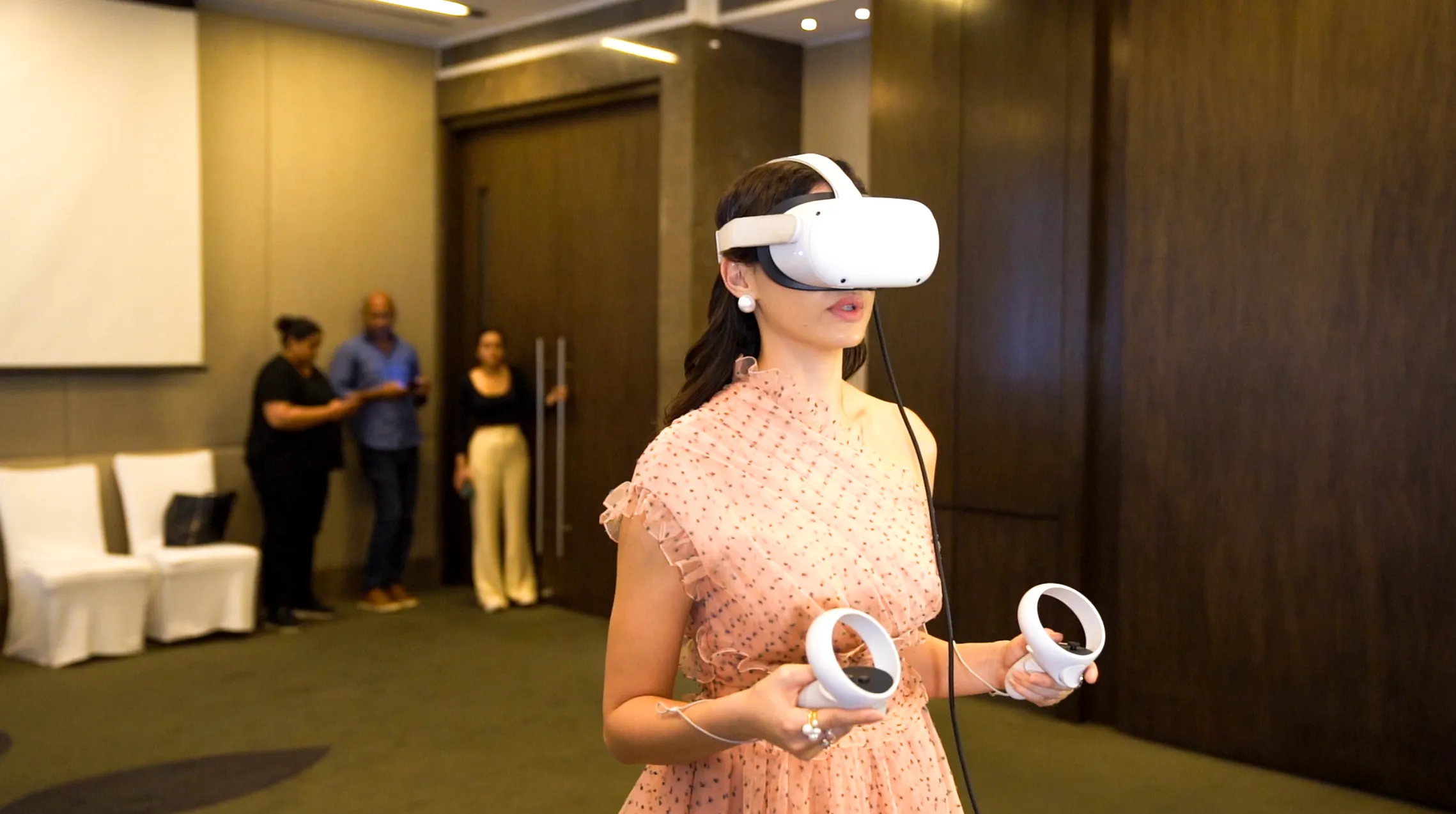
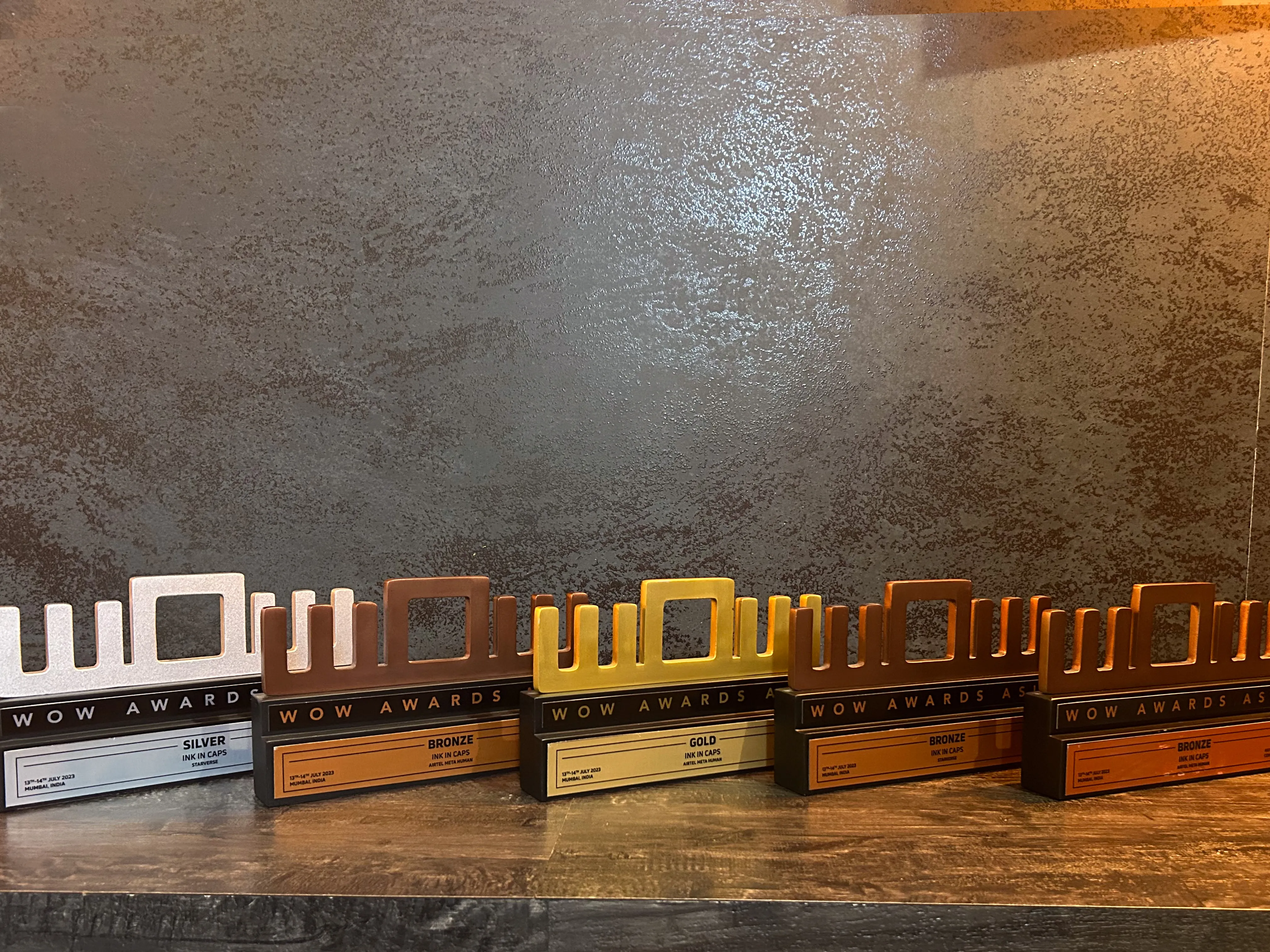
.CNhas5IL_ZqBJiz.webp)



